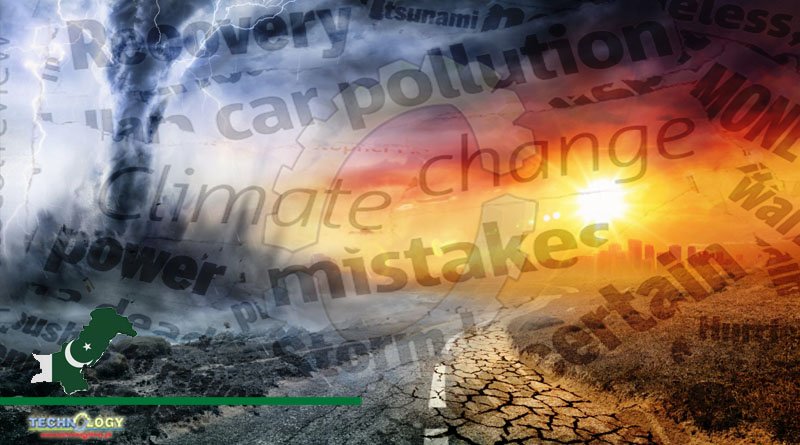The documentary Extreme Heat and the Right to Health in Pakistan looked at how scorching heatwaves affected residents of some of the world’s hottest cities.

Pakistan, a country in South Asia that is considered to be on the “frontline of the climate crisis,” has been the subject of a prominent human rights organization’s urgent plea for global action to protect the country from extreme heatwaves.
Amnesty International stated in a report released on Monday to commemorate World Environment Day that Pakistanis are particularly susceptible to heatwaves due to their lack of means of protection from high temperatures.
A Burning Emergency is the title of the report: The documentary Extreme Heat and the Right to Health in Pakistan looked at how scorching heatwaves affected residents of some of the world’s hottest cities.
According to the statement, “Climate injustice is starkly visible in Pakistan, with its 230 million population facing severe consequences despite the country’s disproportionately small contribution to global climate change.”
Despite contributing less than 1% of the world’s greenhouse gas emissions, Pakistan ranks among the 10 countries that have suffered the most from climate change-related disasters over the past two decades, according to the Global Climate Risk Index, which was released by the Berlin-based nonprofit Germanwatch.
The devastating floods that submerged almost a third of Pakistan in 2022 claimed the lives of over 1,800 people and affected 33 million. Climate change was blamed for the record rainfall and the melting of glaciers that caused the deluge.
“Despite their insignificant contribution to climate change, its inhabitants are subjected to disproportionately severe and frequently life-threatening consequences. A climate crisis of this magnitude necessitates global action and attention. Richer nations should commit no error about the significant job they play,” said Dinushika Dissanayake, Acquittal’s representative territorial chief in South Asia.
Amnesty said that 45 people who were interviewed by the rights group in summers 2021 and 2022 in Lahore, the capital of the eastern province of Punjab, and Jacobabad, a city in the southern province of Sindh, where temperatures reached 52 degrees Celsius (125.6 degrees Fahrenheit) in June 2021, provided the basis for the group’s report.
Also interviewed were people whose jobs put them at a higher risk of being in the heat, like farmers, brick kiln workers, factory workers, delivery drivers, police officers, and sanitation workers.
According to Amnesty International, it discovered individuals complaining of heatstroke, shortness of breath, and dizziness, with some even requiring immediate hospital care. It has pleaded with the Pakistani government to come up with plans for the millions of people who are at risk of getting sick from the extreme heat.
According to the rights group, more than 40 million Pakistanis do not have access to electricity, and many more experience intermittent power supplies as a result of prolonged blackouts.
According to the report, “poor people do not have access to, or are unable to afford, electricity for fans or air conditioners, nor can they afford to buy solar panels.”
Amnesty International urged richer nations to cut emissions and assist Pakistan in coping with climate change, which is also experiencing an economic crisis.
According to Dissanayake, “It is crucial that the wealthy states most responsible for the climate crisis provide funds to support not only adaptation but also remedy for the loss and damage people have experienced or will experience as a result of extreme heatwaves fueled by climate change in countries like Pakistan.”